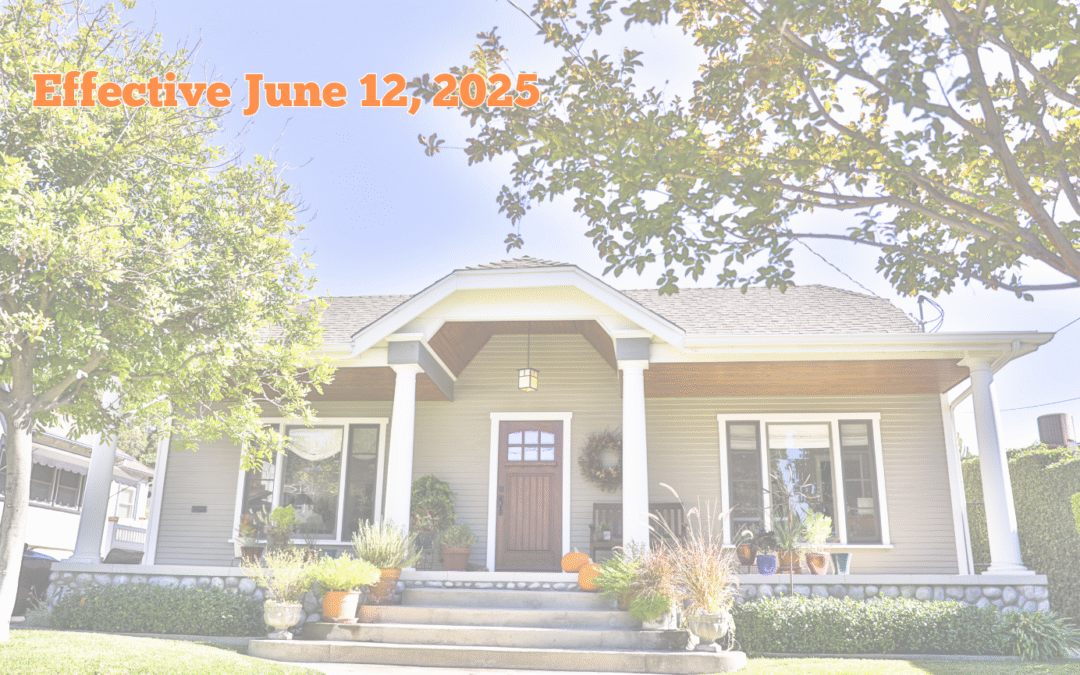As a landlord or property manager, are you using RealPage’s AI Revenue Management (AIRM, formerly YieldStar) or Yardi’s RENTmaximizer for advice on rental rates or occupancy levels?
On May 13, 2025, the San Diego City Council unanimously passed the “Anti‑Competitive Automated Rent Price‑Fixing Prohibition Ordinance,” which took effect on June 12, 2025 and applies citywide with no exemptions based on property type or owner size.
Why now?
- Rents in San Diego are among the highest nationwide, averaging around $3,000/month, and rising steadily.
- Investigative reporting and federal litigation (notably against RealPage’s “YieldStar” platform) have exposed how AI‑driven rent‑setting tools using nonpublic competitor data can artificially inflate rental prices. Challengers allege this is a form of algorithmic collusion.
What does the ordinance ban?
- The ordinance applies to all landlords and property managers of rental units in the City of San Diego. The ordinance also applies to any person or entity that sells, licenses, or otherwise provides an algorithmic device to a landlord.
- “Algorithmic devices,” i.e., software that uses nonpublic competitor data (like real rent and occupancy metrics) to advise or recommend rates or occupancy levels—are prohibited from:
- Being sold, licensed, or provided to landlords;
- Being used by landlords to set rental terms.
- The ordinance defines “nonpublic competitor data” as “information that is not available to the general public, whether the information is attributable to a specific competitor or anonymized or whether the information is derived from or otherwise provided by another person.”
- The ordinance’s definition of “algorithmic device” could be interpreted broadly to products and services such as the rent estimate feature on Zillow and other listing platforms.
- Allowed are tools that rely solely on:
- Publicly available information, or
- Aggregated historical competitor data older than 90 days, or
- Software used for affordable‑housing compliance, or
- Tools used for appraisal (without real-time rate recommendations).
Enforcement
- Tenants may now sue landlords for:
- Injunctive relief,
- Damages, or
- Civil penalties up to $1,000 per violation—each month’s use of such software for each property counts separately.
- Additionally, prevailing tenants can recover attorneys’ fees, regardless of any lease terms that say otherwise.
What does this mean for property owners?
- Review and audit any rent‑setting software in use. Even if it’s not explicitly RealPage, if it uses nonpublic competitor data to generate price suggestions, it’s likely banned.
- Consider switching to compliant tools—those based on public metrics or long-ago data—or manually benchmarking against publicly listed rents (e.g., Zillow, Craigslist).
- Contact us to ensure compliance and adjust your practices.
Broader context
- San Diego joins cities like San Francisco, Berkeley, and others in pushing back on algorithmic rent‑setting.
- Federal enforcement is already underway, with the U.S. Justice Department, California AG, and several other states suing RealPage and major landlords for alleged anti-competitive practices.
Key Takeaways for Landlords and Property Managers
San Diego’s ordinance is now in effect, empowering tenants with legal remedies and mandating stricter scrutiny of rent‑setting technology. Landlords and property managers should proactively evaluate any tools they rely on and seek counsel to ensure operations comply.
How we can help
As a real estate transactions law firm, we’re here to assist with:
- Compliance reviews of rent‑setting tools,
- Drafting or revising lease terms to reflect these new obligations,
- Representation in tenant lawsuits or negotiations triggered by ordinance issues.
If you’re using automated rent‑pricing software (or are planning to) Contact Us so we can guide you through compliance and minimize exposure.


Recent Comments